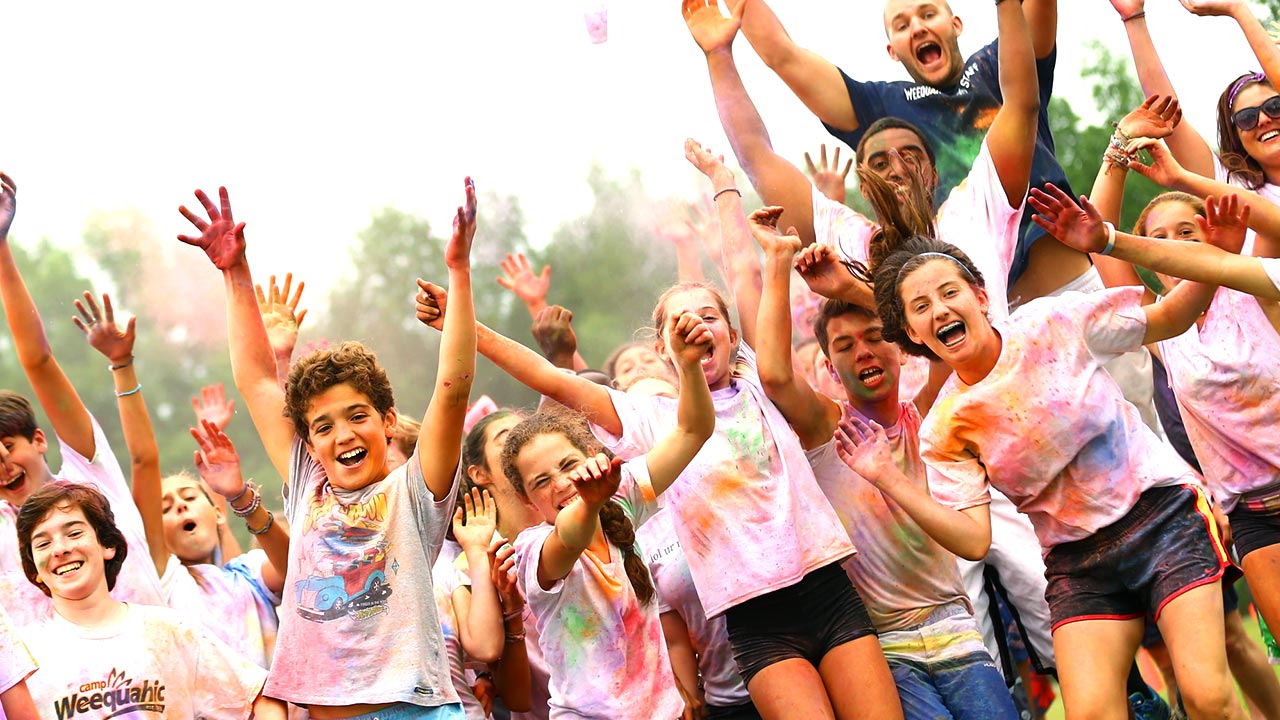Bold claim: We have an epidemic-level of ‘expectation’ running through society and it’s making us miserable. What do I mean? Here are a couple possible examples. Maybe they fit your life:
You wake up and open the app on your phone and expect a few new ‘likes’, news that confirms what you already think or a dozen snaps from snap-friends. You expect the ride to school to be easy or breakfast to be warm, tasty and already prepared. The test you took last week – you crushed it and expect a good grade when it’s returned.
What happens when reality doesn’t match those expectations? When those expected notifications on your phone are missing? When it’s another bowl of stale cereal? When that grade is well below what you expected?
You get disappointed, angry or sad. If you aren’t careful, these feelings can build up and make you forget something we learn and practice at camp each summer: we get to choose how we react… to anything.
My Own Expectations – An Example
When we expect, we are already planning our reaction to that event. When I expect a new family to enroll after meeting with them, I’m already planning on throwing a party, sending a fun t-shirt out to the new camper and adding them to the bunk list in my head. It’s going to be great!
However, when they decide to go to another camp (which does happen every so often and I hope they have a fabulous summer), my future party plans have been foiled and my emotions turned into a bit of a twist.
While I may have some influence over that family’s decision, do I have control over it? Nope. They get to decide what they’d like to do and will simply tell me. Should I expect that they will enroll? No, not really. That can lead to those hard feelings.
What’s the antidote to the negative emotions of fail expectations?
Appreciation
When we approach new situations – and even old ones – with appreciation, it changes things for the better. From the examples above: ‘Wow – I’ve got a phone and all these apps that literally connect me to 85% of the world – crazy!’ Or: ‘Lot of kids don’t have anything to eat – I appreciate this meal before school.’ With the test – and this may be the most challenging: ‘Ok, this s a good lesson and opportunity to learn what I didn’t really know.’
One of the most successful humans in recent years is Oprah Winfrey. Here’s what she has to say about appreciation:
“Be thankful for what you have; you’ll end up having more. If you concentrate on what you don’t have, you will never, ever have enough.”
Here’s a little exercise that you can put into practice whenever you’d like: look around at your situation and ask yourself: what have I not noticed before. And then appreciate what you find. That means you need to think for a moment about how it makes your life a tiny bit better.
So… No Expectations Then?
Nope! Expectations can be really helpful… as long as you can control the outcome. In my ‘new family’ example above, I would expect that I had prepared to the best of my ability, answered all of their questions honestly and thoughtfully, and did my best to build a relationship with them in the time we had together.
Then, whether they enroll at camp or not, I’ll have met my expectations… of what I can control. And if they do decide to enroll, I should appreciate their choice. Should they decide on another option, I should appreciate the time we spent together and learn from it. And then move on.
Campers, let’s be thoughtful on how we approach our days. Do so with expectations for yourself and appreciation for all else and you’ve got the start of a winning formula.

